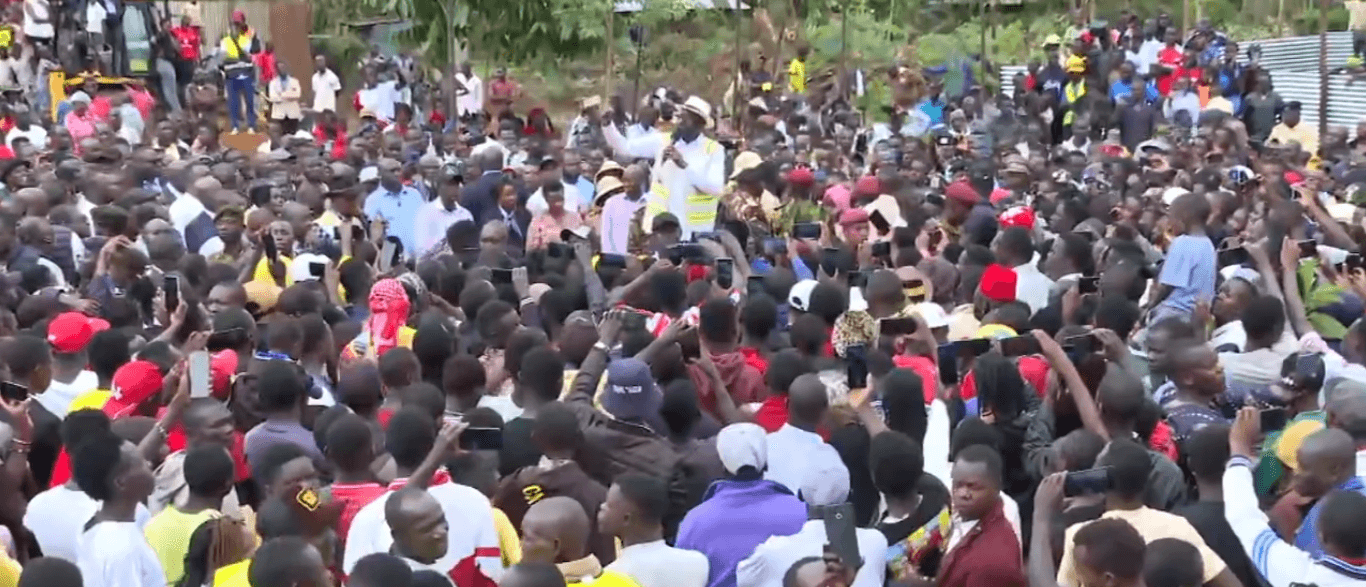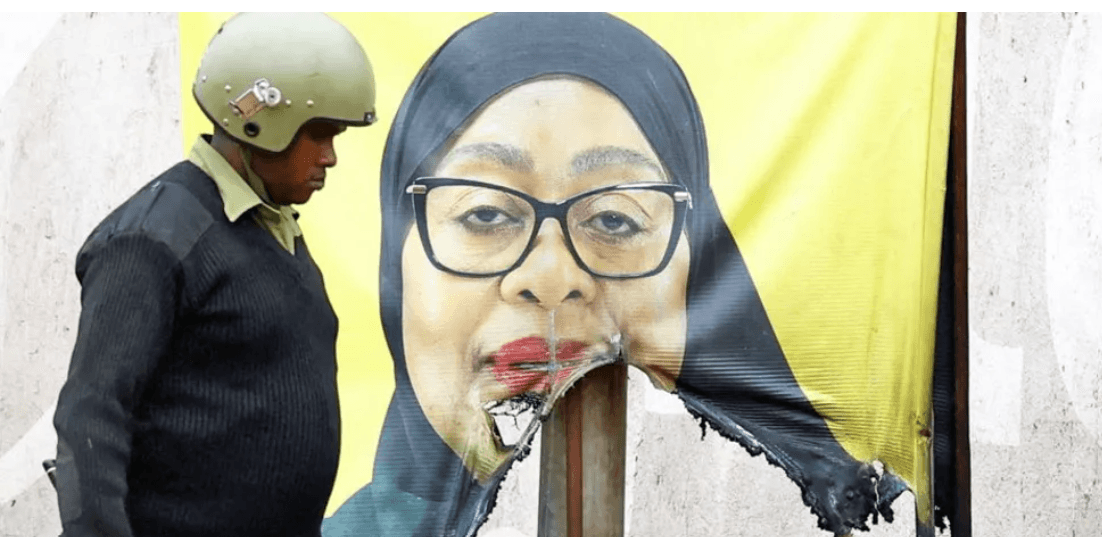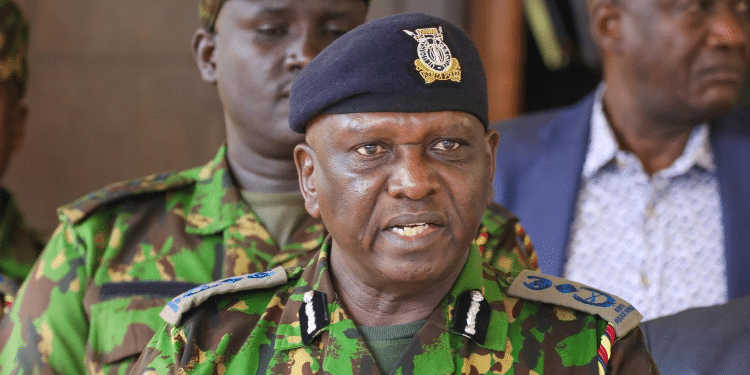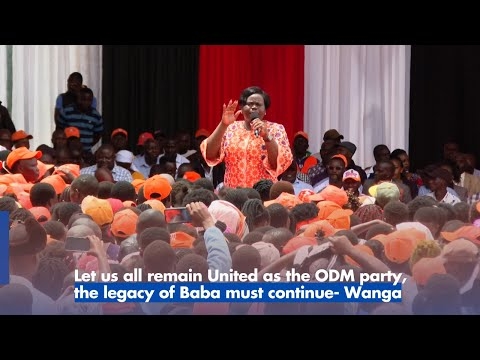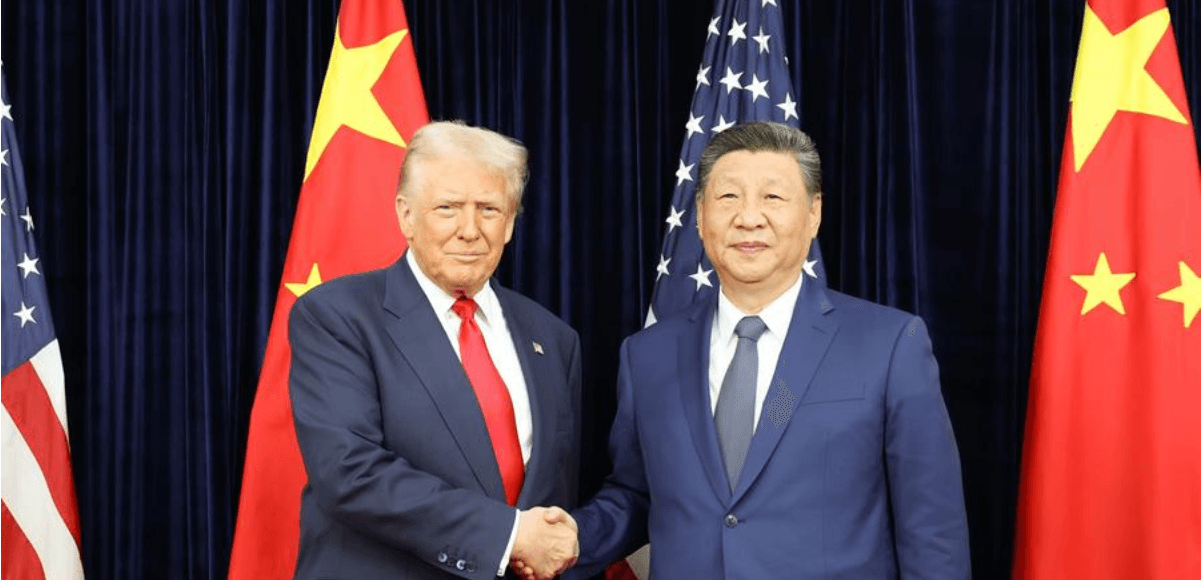Not very long after the unforgettable post-election violence of 2008, I was a participant in a discussion that focused on this question: Is Kenya really a stable democracy?
For the levels of violence which sprang from that election justified the suggestion that maybe Kenya’s reputation for stability had been overblown.
After all, the US had a bitterly contested presidential election in 2000, and not one shot had been fired while the controversy raged, while in Kenya we had veered dangerously close to an all-out civil war in 2008.
Those of us who insisted that Kenya had in fact proved to be a resilient democracy, pointed out that the violence was largely confined to clearly defined pockets. That the men and women of the army remained in their barracks. That it was still possible to get money out of the ATM machines in most towns.
That supermarket shelves, though not as filled with groceries as they were during better times, were all the same, not empty despite the panic shopping that had been witnessed. In any case fresh supplies were constantly being brought in. And employees in such banks and supermarkets still managed to get to work, and to return home in the evenings.
The point here was that most Kenyans, rich or poor, had a stake in the continuing stability of the nation, and had some kind of economic activity that they were eager to return to. And any such economic activity, from the complex logistics of supplying a multistorey supermarket to a street hawker offering trinkets and fruits on the streets, required peace and stability. So, the national momentum always tended towards political stability.
That was almost 15 years ago now, and much has changed in Kenya.
I am not sure that I would now be able to make such a confident case in support of our political stability. Or that I could argue coherently that most Kenyans have an investment in the nation’s continuing stability.
Not when there are so many young Kenyans whose parents invested at great sacrifice in their children’s education, only to find that there were no jobs to be had upon graduation – a despair reflected in the sharp drop in the uptake of the places available in our local universities.
Indeed, I would go so far as to say that our policymakers need to address as a matter of urgency, ways and means of ensuring that we do not have a large and volatile population of desperate youths in our midst, who feel that they have no stake in Kenya’s continuing stability.
And political and economic inclusion is at the centre of any such stability.
This need for political stability is an issue that different African nations have addressed in different ways.
Take for example, this report by Reuters on Egypt:
“Egypt, the world's largest wheat importer, offers bread to more than 60 million people as part of a sprawling food subsidy programme. Changes to food support are highly sensitive in the country, where a decision to cut bread subsidies led to deadly riots across Egypt in 1977.”
I visited Egypt once and remember being told by one of the many government officials who gave talks to the group I was part of, that it was the firm policy of any Egyptian government, that no Egyptian family should go to bed hungry, irrespective of their social or economic status. Hence the entrenched system of food subsidies, particularly what they call “Baladi bread”.
Closer to home, you may have perhaps wondered why it is that Uganda, with a population of 45 million, and South Sudan, with a population of just 11 million, both have far more elected MPs than Kenya. Uganda has 529 MPs. South Sudan has 550 MPs. While the Kenyan parliament and Senate combined have just 416 elected members, even though our population is almost equal to that of Uganda and South Sudan combined.
Now I would welcome correction on this, but people who claim to be well informed about each of these countries have given me the same explanation for this absurd over-representation, in what are, essentially, two low-income countries:
It is an investment in inclusion and stability.



